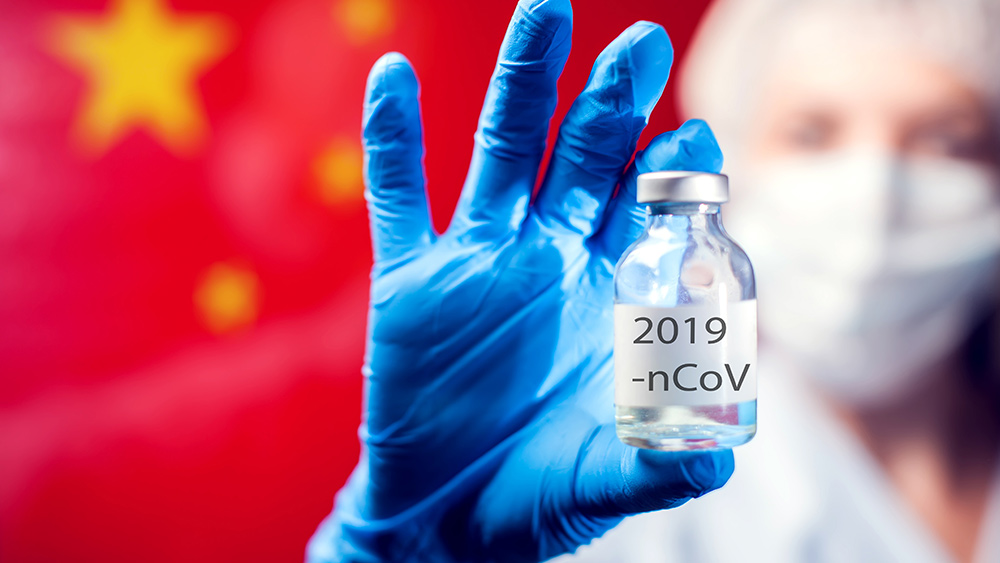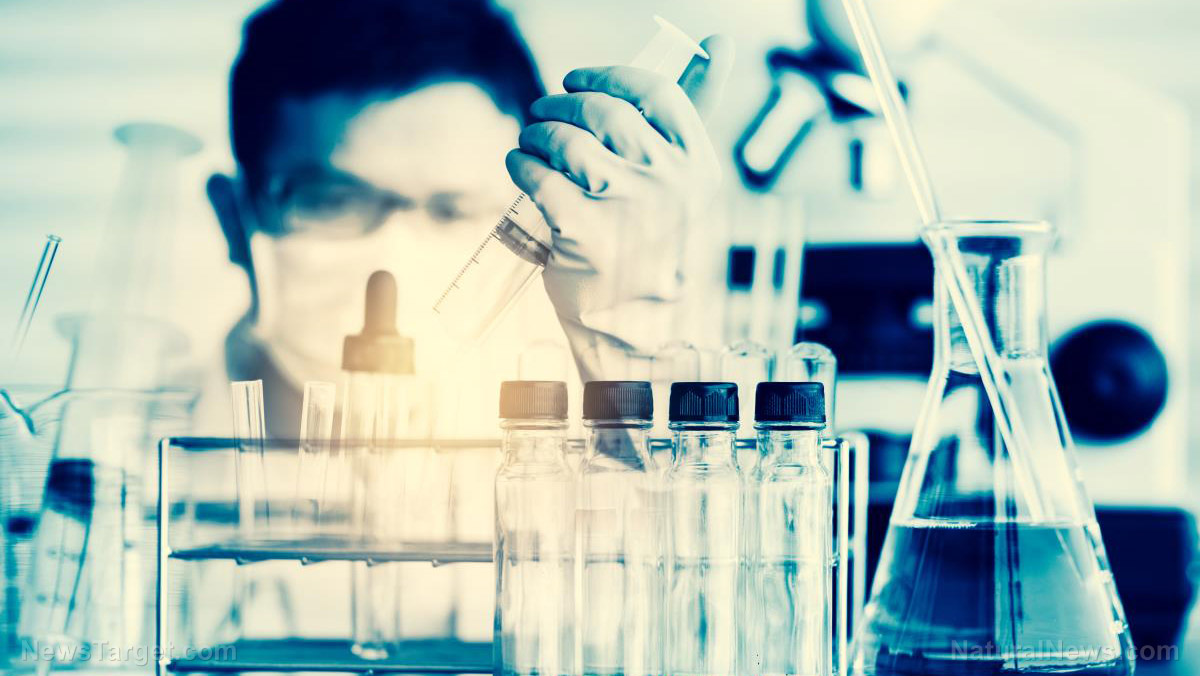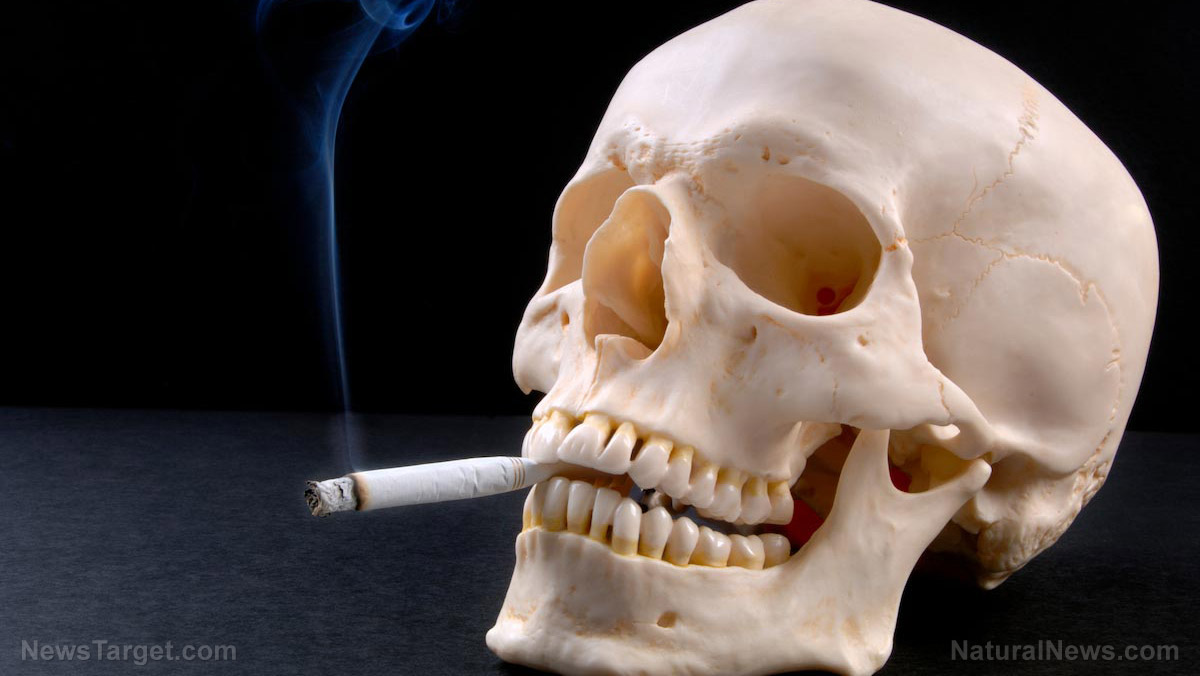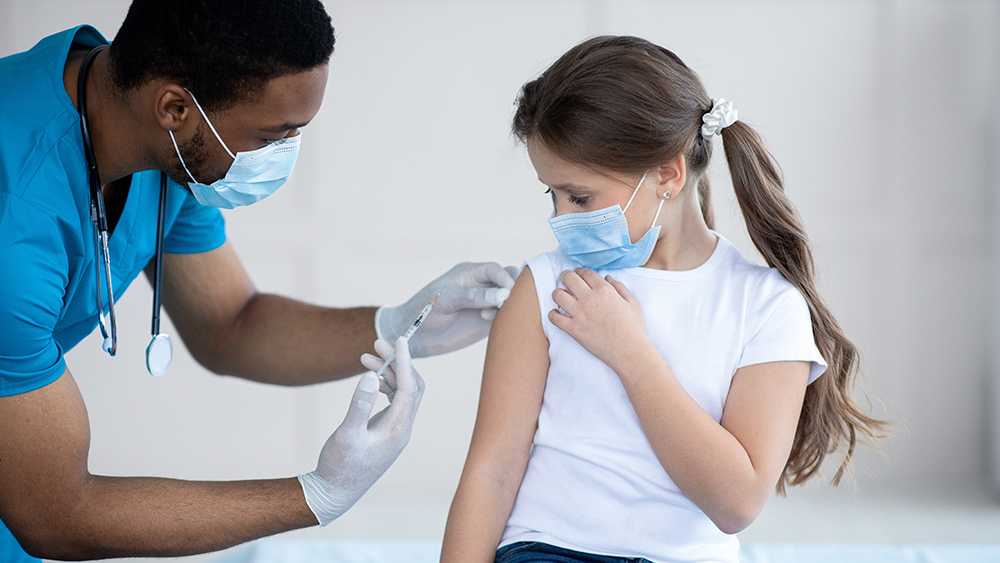Hong Kong reports third post-vaccination fatality in ongoing Sinovac immunization drive
03/17/2021 / By Ramon Tomey

Hong Kong reported a third fatality during its Wuhan coronavirus immunization drive using the Sinovac jab. The third casualty, a 71-year-old man, died on March 8 – four days after getting vaccinated. Prior to him, two deaths following inoculation with the CoronaVac jab were reported. These deaths only served to fuel doubts and anxiety regarding the vaccine’s use in the special administrative region.
The man was reportedly in good health prior to getting the shot.
The two earlier patients who died after vaccination had underlying health conditions. The first victim was a 63-year-old man who died Feb. 28, two days after getting the vaccine. Later, a 55-year-old woman died on March 6 – four days after she got the jab.
It is unclear whether the vaccine, manufactured by mainland Chinese pharmaceutical firm Sinovac Biotech, directly contributed to the deaths. Authorities were looking into the possible causes of death of the three Hong Kong residents.
On March 8, Dr. Pak-Leung Ho of the University of Hong Kong pointed out that CoronaVac had insufficient clinical data for people over 60 years old. The microbiology professor advised against giving the jab to those aged 60 years and older. But Ho’s advice did not dissuade the territory’s government from using the vaccine.
Hong Kong Secretary for Food and Health Sophia Chan Siu-chee also said on March 8 that the territory’s Advisory Panel on COVID-19 Vaccines still favored the Sinovac jab. She remarked that the panel still believes the benefits of CoronaVac “outweigh the risks” of its use, and that the city will continue using it for the COVID-19 immunization program.
Chan’s remarks came alongside the Hong Kong government’s expansion of its priority vaccination efforts to a total of 1.3 million residents. It expanded the program to include seven categories of people such as school staff and registered construction workers.
The special administrative region approved two other vaccine candidates. The BNT162b2 mRNA vaccine produced by German firm BioNTech and Pfizer’s Chinese partner Fosun Pharma and the AstraZeneca vaccine produced in partnership with the British University of Oxford got the green light in Hong Kong. (Related: Chinese pharmaceutical firm Sinovac gets $500 million, boosting its coronavirus vaccine production.)
Locals afraid of vaccination following reports of deaths and adverse reactions
According to Hong Kong Centre for Health Protection Controller Ronald Lam Man-kin, a total of 45 cases of serious adverse reactions were reported by the afternoon of March 7. He added that another 16 non-serious cases were reported – involving headaches and fatigue.
Alongside the reported fatalities, these adverse reactions have discouraged Hong Kong residents from signing up for their COVID-19 shot. The special administrative region commenced its vaccination drive on Feb. 26. Days later, the local government announced on March 1 that appointments for CoronaVac inoculation almost reached 160,000.
However, the number of appointments took a plunge after news of the first fatality spread. March 2 saw 18,000 appointments, and the next day saw a lower 12,300 appointment count. It fell to four-digit numbers on March 4 and 5, until the government stopped updating the number of scheduled vaccinations on March 6. (Related: Shanghai district residents refuse to take Chinese-made coronavirus vaccine.)
Secretary for the Civil Service Patrick Nip Tak-kuen said during a March 9 radio interview that the initial vaccination rate exceeded 90 percent. But this had fallen to 72 percent by March 8, which the secretary attributed to some citizens not being vaccinated according to schedule.
The Sinovac jab draws criticism from world leaders
A number of world leaders criticized the Sinovac jab due to its low efficacy rate and scant safety data.
French President Emmanuel Macron warned against Chinese vaccines during a Feb. 5 event, saying that there was a lack of transparent information about them. “I have absolutely no information on the Chinese [vaccine]. I am not commenting, but it is a fact,” the French leader said.
Macron also expressed concern that the Chinese COVID-19 jabs would be ineffective in dealing with new mutations of the Wuhan coronavirus. The French leader remarked: “This means that in the medium and long term, it is almost certain that if this vaccine is not suitable, it will facilitate the emergence of new variants. [The vaccine] will absolutely not fix the situation of the countries having adopted it.”
Meanwhile, Brazilian President Jair Bolsonaro questioned if the CoronaVac shot was indeed effective. The populist leader said in January that he was justified in criticizing it, after clinical trials in the Brazilian state of Sao Paulo showed its low efficacy rate of 50.4 percent.
Bolsonaro told his supporters that time: “This 50 percent is good, is it? All the [criticism] I got for my comments, and now they are seeing the truth. Four months of being lambasted because of the vaccine!”
Visit VaccineDeaths.com to find out more about the risks of getting Sinovac’s Wuhan coronavirus vaccine.
Sources include:
Tagged Under: adverse reaction, CoronaVac, coronavirus vaccine, covid-19 pandemic, Hong Kong, mass immunization, side effects, Sinovac Biotech, vaccine appointments, vaccine death, Vaccine deaths, vaccine hesitancy, vaccine injury, Wuhan coronavirus
RECENT NEWS & ARTICLES
VaccineDeaths.com is a fact-based public education website published by Vaccine Deaths Features, LLC.
All content copyright © 2018 by Vaccine Deaths Features, LLC.
Contact Us with Tips or Corrections
All trademarks, registered trademarks and servicemarks mentioned on this site are the property of their respective owners.




















